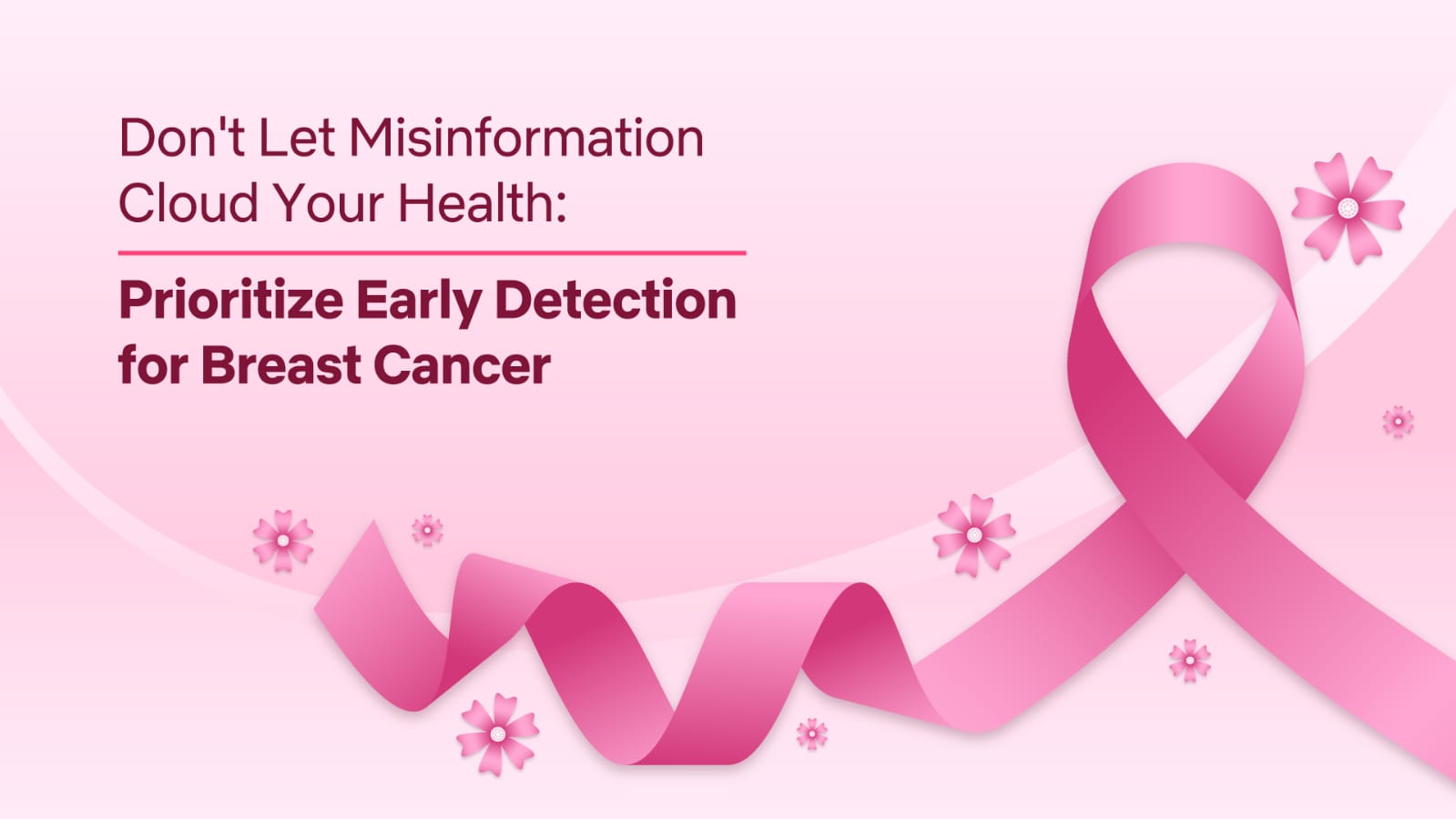
Early Detection: The Shield Against Breast Cancer
Recent media attention has focused on alternative approaches to cancer treatment, heavily fueled by personal anecdotes. While these stories can be inspiring, they can be highly misleading too. It’s crucial to rely on evidence-based practices and medical expertise. Early detection remains a cornerstone in the fight against breast cancer.
Why Early Detection Matters?
When breast cancer is detected in its early stages, such as Stage 1 or 2, the chances of cure of cancer significantly increases. In many cases, less invasive treatments like excision of the lump without removing the whole breast (breast conservation techniques) may suffice, potentially avoiding the need for adjuvant therapies like chemotherapy or radiation.
The Importance of Self-Exams
Regular self-exams empower one to notice any changes, no matter how small. By knowing what’s normal and what is not, one can identify any unusual lumps, bumps, or changes in texture or appearance in the breast. Any small changes need to be immediately consulted with a doctor/gynecologist. Most of the times these are benign swellings (non cancerous).
Self breast examination technique is a very simple approach and can be easily done at home. These self exams go a long way in early detection and intervention at the right stage.
The Power of Screening
Regular screenings after the age of 40, particularly mammograms as advised by the doctor, are invaluable tools for early detection. The frequency of these screenings are typically once a year or as advised by the gynecologist depending on family history and other factors. Unlike traditional X-rays, mammograms are a very simple and quick X-ray examination that just takes a few minutes (mammography). Being a soft tissue, the required x-ray exposure is miniscule as compared to other x-rays for bone/other parts of the body.
Navigating the Information Age
In today’s fast paced digital age, we can’t be blamed for being overwhelmed by a flood of information, some of which may not be accurate or reliable. While it’s natural to seek hope in alternative solutions, it’s essential to rely on scientific evidence and medical advice. While individual experiences can be inspiring, they may not represent the broader picture and more often than not misguide significantly.
The importance of supportive therapy should be considered only after completing the medical and surgical management. It should never be seen as an alternative at any point however, It may be added to the medical/ surgical therapy.
To empower yourself in the fight against breast cancer, consider the following:
● Incorporate Self-Exams: Make self-exams a regular part of your routine, it is a simple to-do in the comfort of your home.
● Adhere to Recommended Screenings: Follow your doctor’s advice on when to start and how often to undergo mammograms based on your age and risk factors.
● Consult Your Doctor: Always seek a doctor’s consultation even when in slightest doubt. They can provide personalized advice, conduct thorough examinations, and recommend appropriate screenings.
By prioritizing evidence-based medicine, you can take control of your health and increase your chances of a positive outcome. I cannot emphasize enough that early detection is your best defense against breast cancer.